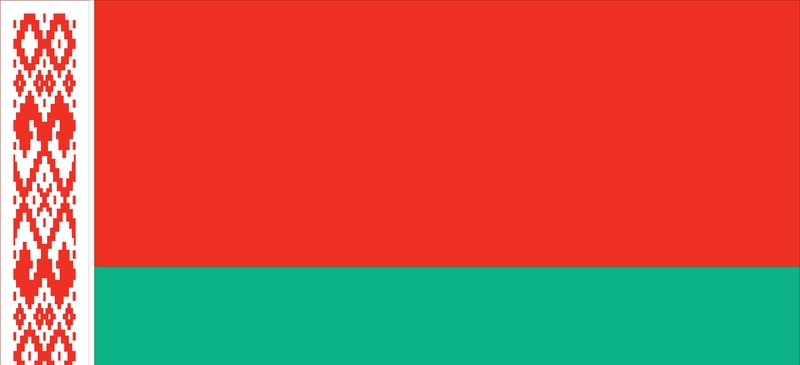
The EU needs a policy on Belarus
The first time that I visited Belarus, I noticed that the streets were clean, the subway ran on schedule and the people were very hospitable. On the surface, the people of Minsk seem to enjoy life. President Alexander Lukashenka, widely known as ‘Batka’ (father), is broadly popular. This is not only because of his grip on the mass media, but also because the economy is doing rather well.
The economy has benefited from cheap Russian energy and in some ways from having escaped the liberal shock therapy that was applied to other former Soviet countries. The country’s factories still churn out tractors, TV sets, refrigerators and heavy trucks, and export them to Russia and its former satellites. These goods are sources of national pride. But in the long run Belarusian industry will not be able to compete without foreign investment. Eventually consumers will want Sony TVs rather than Belarus’ Horizon.
In fact, while its neighbours have been modernising their economies and political systems, Belarus has slipped backwards. Like so many dictators, Lukashenka tries to shore up his position by focusing on ‘the enemy abroad’. He complains that Poland and Lithuania are setting up NATO bases near Belarusian borders, and urges his army to step up preparations for conflict. He even raises the spectre of the Russian mafia and jihadist terrorists to scare people into supporting a strong state.
The EU borders Belarus and accounts for almost half its trade, but lacks a credible policy for promoting economic and political reforms there. Due to Lukashenka’s antics, the EU has no official links with the country – not even a representative office. But the Belarusian people, 60 per cent of whom want to join the EU, are suffering from the isolation. The majority of Belarusians want their country to become a normal, democratic European nation.
EU policy should therefore focus less on Lukashenka and more on winning the hearts and minds of Belarusians. The EU cannot for now hold out the carrot of potential membership. But it should make clear that it would like Belarus to join its ‘neighbourhood policy’ as soon as the circumstances change. Belarus could then benefit from the trade concessions, cooperation programmes and EU funds available to other EU neighbours. The EU should start off by publishing a draft ‘action plan’, spelling out both the reforms that Belarus would be asked to undertake, and the benefits that would flow from the plan.
The EU should also open a fully-fledged office in Minsk, to promote contact with the rest of Europe. It should make visas for Belarusians cheaper and easier to obtain. It should finance a big increase in student exchange programmes. And it should pay for projects that help to develop civil society, such as training journalists, supporting independent broadcasters and building trade unions.
But to be effective, the EU needs to rethink the way it promotes civil society in countries like Belarus. Currently, the Commission runs a fund called the ‘European initiative for democracy and human rights’. But the Commission’s procedures are so slow-moving and bureaucratic that very little money has yet reached Belarusian NGOs. To have more impact, the EU should channel these funds through an independent agency, perhaps modelled on the US National Endowment for Democracy, which has a much better record of disbursing funds swiftly and flexibly.
The official opposition in Belarus is ineffective and divided – notwithstanding the fact that all factions recently agreed on a joint candidate for the 2006 presidential election (the largely unknown Alyaksandr Milinkevich). The EU needs to talk not only to the opposition but also to the more moderate elements within the regime. In the ‘colour’ revolutions that have swept across other post-Soviet states, most of the leaders did not come directly from the streets or exile. Many of the top bureaucrats in Minsk are competent, reasonable and silently opposed to Lukashenka. A number of them have resigned or have been pushed out. These people are potential future leaders, so the EU should not shun them. One day Lukashenka and his immediate entourage will be gone – but the bureaucrats will remain and be influential.
The EU cannot and should not try to replace Russia as Belarus’ special partner, in terms of culture, history and language. But the EU should not avoid the question of Belarus’ future in its dealings with Russia. It should ask the Russians whether they consider it in their interest to have a neighbour that is stable and democratic and which runs a working market economy. The answer to that question will define whether Russia and the EU merely have common interests, or common interests and values.
Urban Ahlin is chairman of the Swedish Parliament’s Foreign Affairs Committee.
